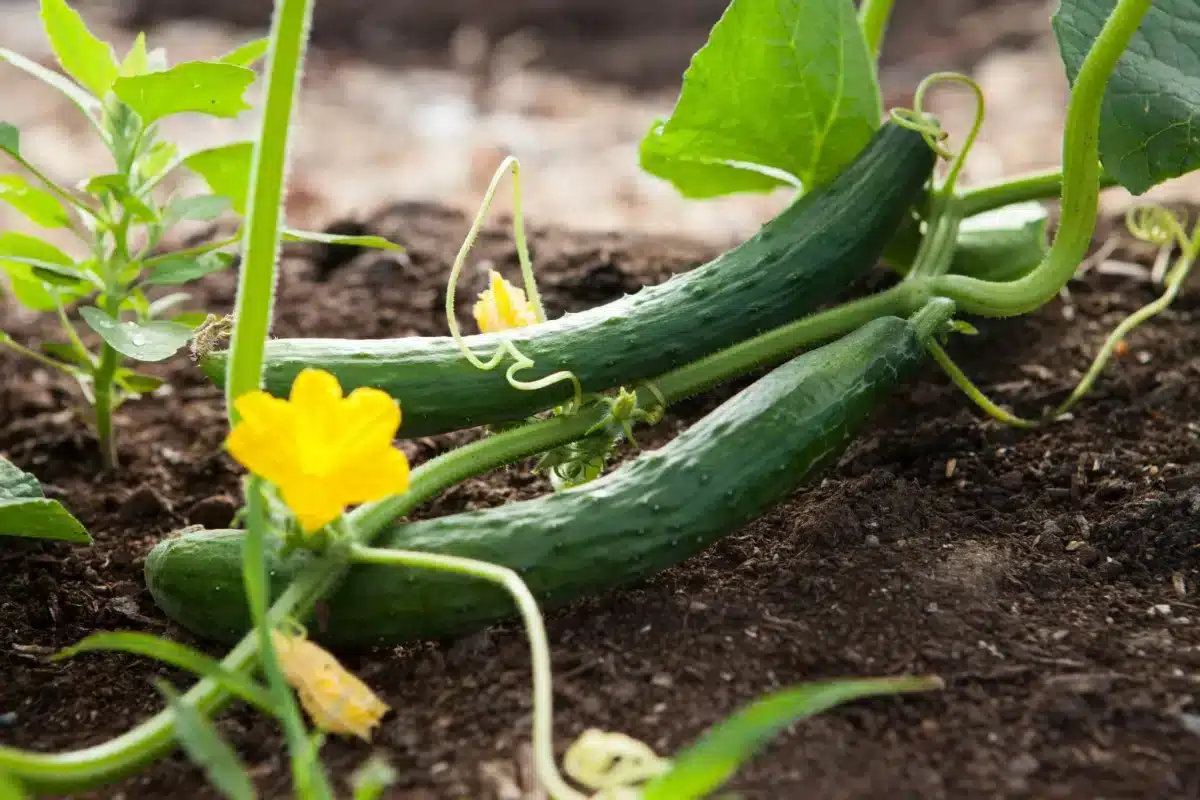By now, most of us have seen (or perhaps experienced) the kilometre-long queues of South Africans waiting for food parcels. With the lockdown preventing many businesses from returning to work, many people are without an income and the means to buy food.
South Africa’s food wastage facts
After witnessing these scenes, you may be surprised to learn that about 30% of all food produced in South Africa is lost or wasted, and that the average annual cost of household food waste in South Africa is R21.7 million.
- Of the 31 million tonnes of food produced annually in South Africa, 10 million tonnes of food go to waste
- Cereals, fruits and vegetables account for 70% of the wastage
- 90% of food waste ends up in landfills, leading to the production of methane gas and carbon dioxide
- Food waste costs South Africa R1 billion in energy (enough to power Johannesburg for about 16 weeks).
The reality is that if you are fortunate enough to have sufficient, sustainable income, you’re likely guilty of food waste. You know, the lettuce that goes soggy before it’s eaten, the extra helpings scraped into the bin …
What this means is that by wasting food, more and more food needs to be produced. In turn, this drives up demand and food prices, making food more expensive and less accessible to the poor.
The benefits of reducing food waste
- Households save money
- Enable broader economic, social and environmental benefits
- Address food and water security concerns
- Contribute to the development of more sustainable food systems.
How we can combat food waste
During the COVID19 lockdown period, people are eating at home and buying from grocery stores. Now, more than ever, is the time to focus on reducing food waste at home.
Here are some tips for households:
- Start composting
- Don’t be a ‘food snob’ – embrace produce in all shapes and sizes
- Check the best-before dates when you buy food
- Refrain from impulse shopping – rather make a list and stick to it
- Get creative about using leftovers and what’s in your cupboard
- If food is on its way out, you can always cook it up into a soup or stew and freeze it
- Store food correctly so that it lasts longer
- Donate food that you haven’t used and hasn’t expired to food parcel organisations.
Preventing food waste at the source
By its very nature and premise, sustainable farming works to combat food waste at the source.
Sustainable farmers use organic matter such as compost to increase nutrients in the soil to grow healthy plants. In fact, almost all organic matter available on farms can be used to fertilise.
The benefits of composting include:
- Keeping materials out of landfills, which saves space and reduces landfill emissions
- Returning nutrients and minerals to the soil
- Promoting microbial activity in topsoil
- Protecting topsoil from erosion
- Saving water
- Helping to clean up contaminated soil.
Find out more about our services and solutions
Sources:

About the Author: Alex Platt
Alex is Business Development Manager at Zylem. He’s inspired by the potential of regenerative farming and takes a special interest in the technology and products that are moving agriculture in a more sustainable direction.

